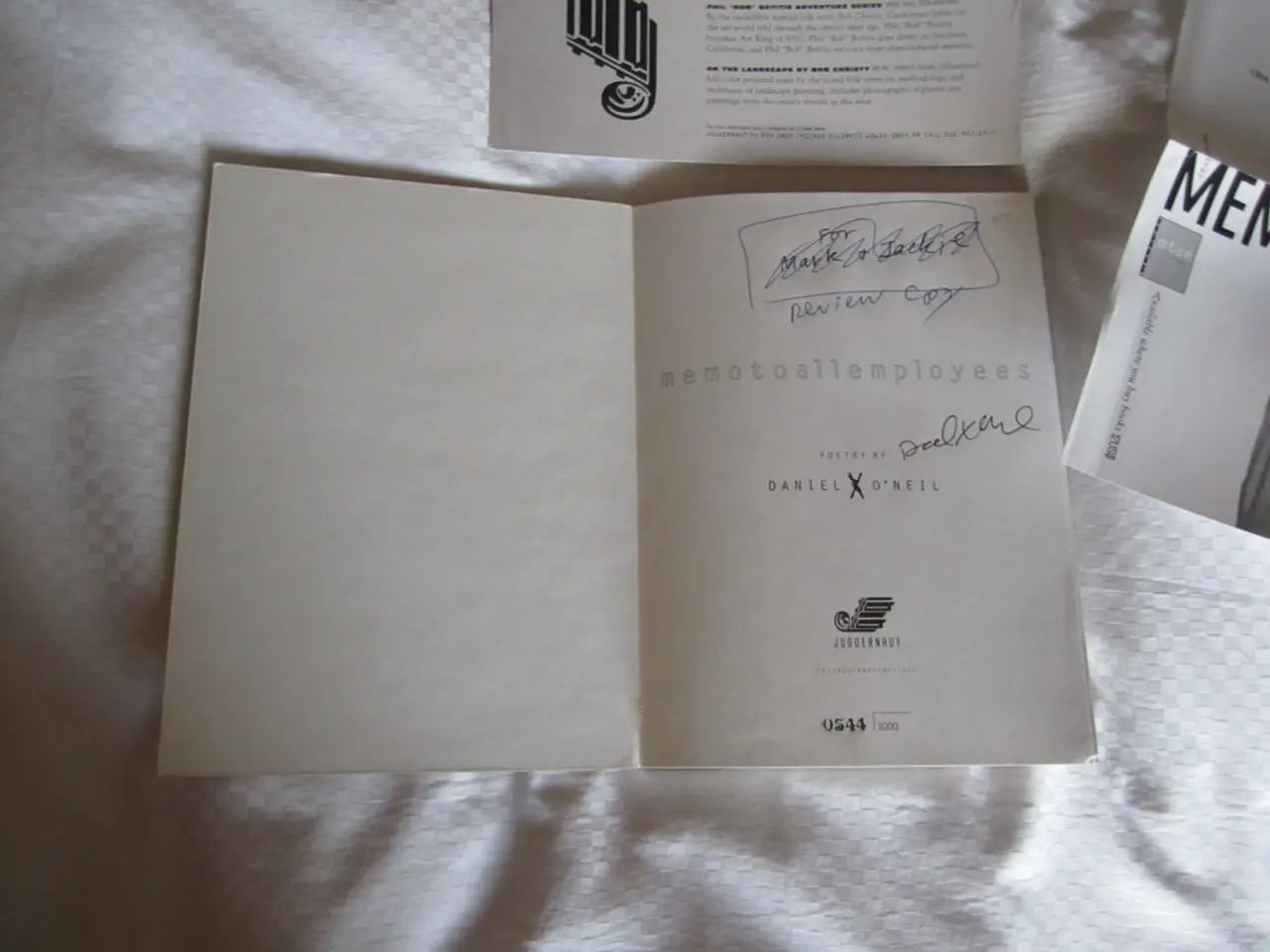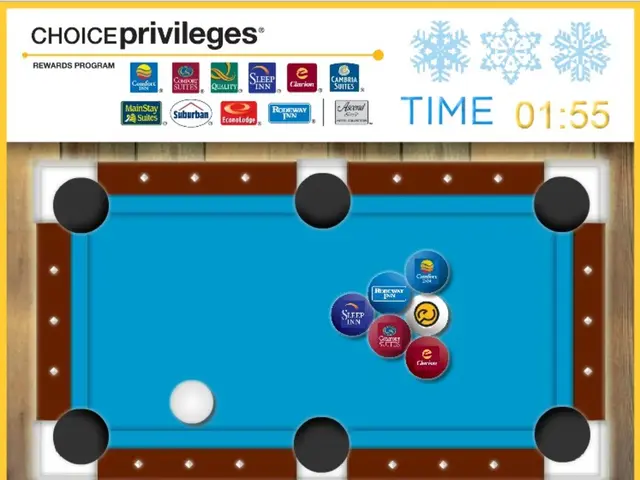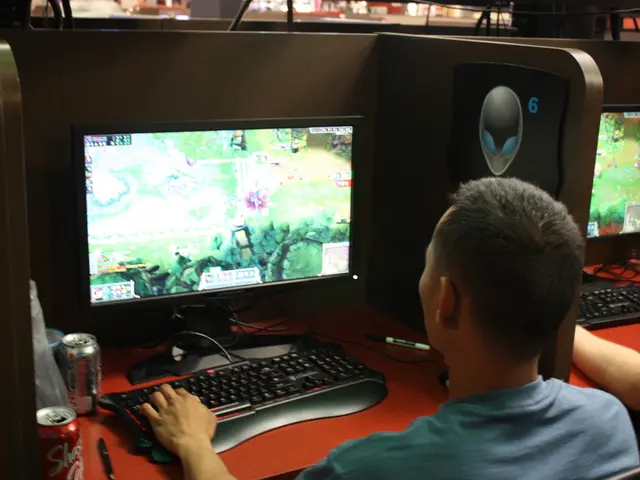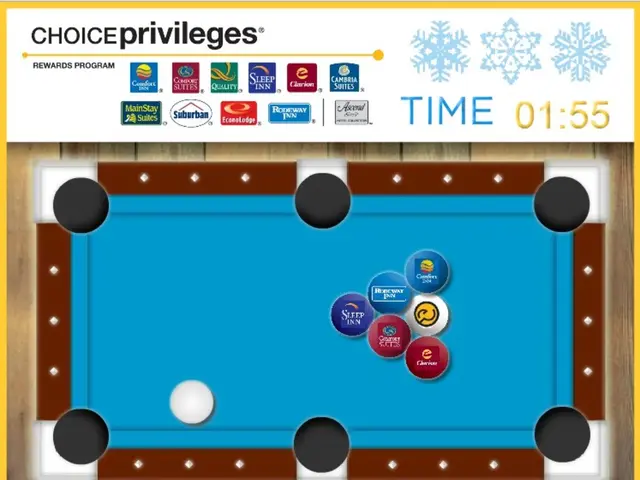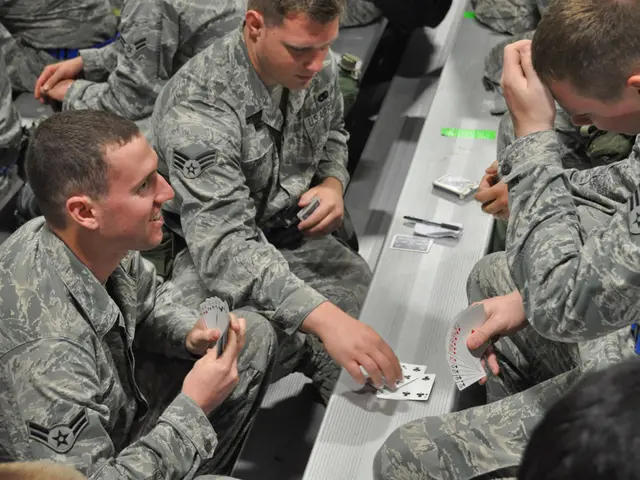Patent lawyer consistently fails in lawsuits
UK Court Dismisses Appeal in AI Inventorship Case
In a landmark ruling, the High Court in London has dismissed an appeal by US-based computer scientist Dr. Stephen Thaler against a decision of the UK Intellectual Property Office (UKIPO). The case centres around whether an AI system can be credited with inventorship, a question that has been the subject of a long-running legal battle.
Dr. Thaler, who is known for his work with the AI-powered machine DABUS, made attempts to patent a food container and a light beacon. His initial patent applications in the UK were filed in October and November 2018. However, the UKIPO rejected these applications in 2019, stating that only a person can qualify as an inventor under sections 7 and 13 of the Patents Act 1977.
Dr. Thaler's first argument was that the UKIPO erred in treating his parent application as deemed withdrawn from June 2021. He contended that withdrawal should only take effect once a formal decision had been made. However, the judge held that the Comptroller's position, that withdrawal under section 13(2) takes effect automatically if the statutory requirements are not met, without the need for a further decision, was correct.
In a change of strategy, Dr. Thaler named himself as the inventor in a later filing in December 2023. He argued that his role in building, training, and owning DABUS was sufficient to qualify him as the actual deviser. However, this change of strategy was not enough to convince the court to overrule the UKIPO. The judge held that Dr. Thaler's December 2023 filing could not be accepted due to its inconsistency, as it repeatedly stressed that DABUS, not Dr. Thaler, was the inventor.
A UK divisional filing was made in May 2022, but the UKIPO again ruled against Dr. Thaler. The High Court, Court of Appeal, and Supreme Court all upheld the UKIPO's decision. In a significant ruling in December 2023, the Supreme Court stated that DABUS, the AI-powered machine Dr. Thaler attributes the inventions to, could not be an inventor as a matter of law.
The Government Legal Department instructed the respondent, and Jacob Turner of Fountain Court Chambers and independent IP lawyer Ryan Abbott represented Dr. Thaler, while Stuart Baran of Three New Square represented the respondent. The ruling closes another chapter in this long-running litigation over whether an AI system can be credited with inventorship.
